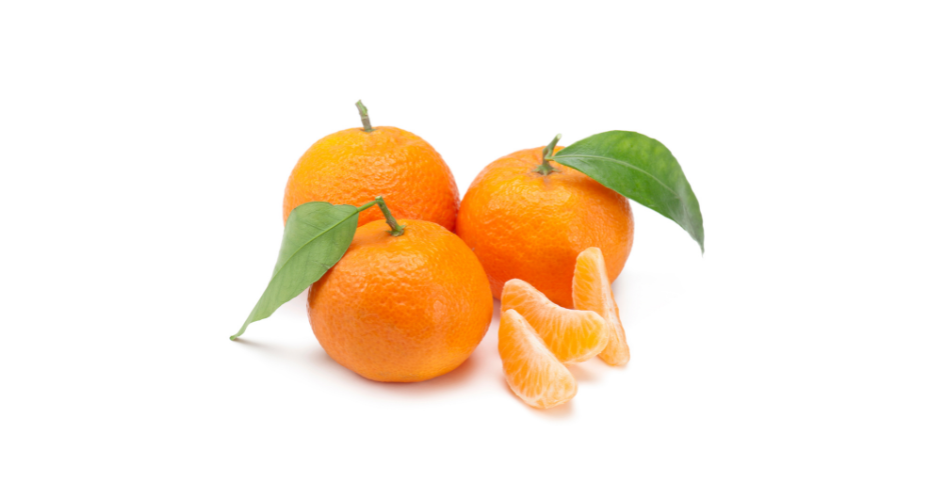
Tangerine, also known scientifically as Citrus reticulata Blanco, is a medium-sized fruit widely used as a herbal remedy worldwide. Tangerines are not only rich in nutritional value but also have many medical and pharmacological uses.
Nutritional Ingredients and Medical Uses:
- Tangerines contain antioxidants such as vitamin C, carotenoids and phenolic compounds, along with sugars, organic acids, amino acids, pectin, minerals and volatile organic compounds.
- In traditional medicine, tangerines are used to treat digestive disorders, flatulence, cough, hiccups and vomiting. Tangerine extracts have anti-inflammatory, cholesterol-lowering, analgesic, anti-asthmatic and anti-infective effects.
Pharmacological Activity:
- Anti-Cancer Activity: Limonoids from tangerines have the ability to inhibit the growth of human breast cancer cell lines (MCF-7).
- Sedative Effects: Tangerine peel extracts have shown significant sedative activity in studies.
- Protects DNA: Tangerine extracts have the ability to protect DNA from damage caused by genotoxic substances.
Antioxidant Effect: Essential oil from tangerines has powerful antioxidant activity, helping to eliminate free radicals and hydroxyls.
Other Benefits:
- Cardiovascular Protection: Tangerine peel is suggested to use to reduce the risk of cardiovascular disease.
- Liver Activity: Has liver protective activity.
- Reduce Cholesterol: Has the effect of reducing cholesterol.
Tangerine, with its diverse nutritional and pharmacological benefits, is an important part of healthy diets and traditional medical therapies.

